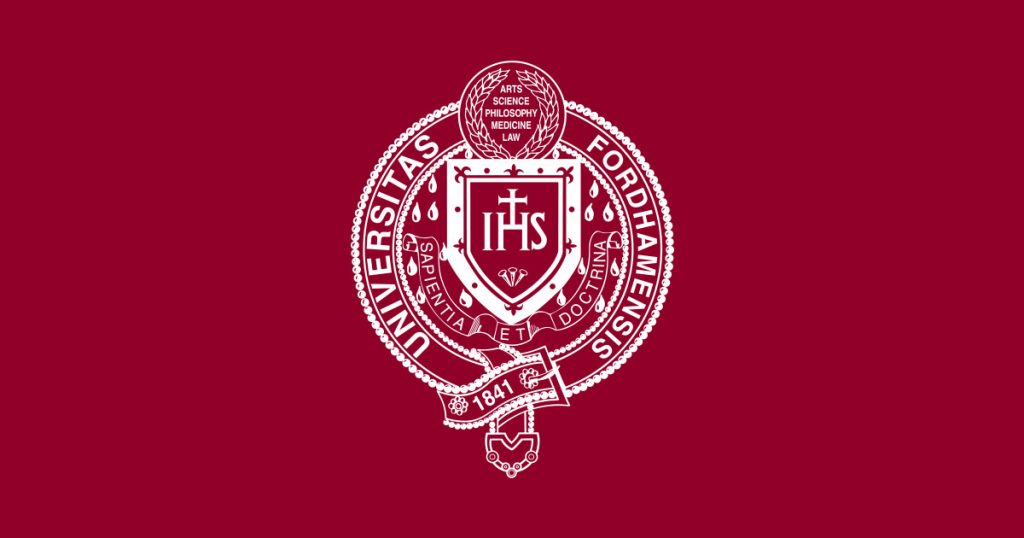This year Fordham has put its weight behind the effort to double Pell Grants, the largest student aid program in the country for qualifying low-income students, and the foundation of federal student aid. Unlike student loans, students do not have to repay the grants, and they are awarded to students, not the institution, making them transferable if the student changes schools.
As Father McShane said in September, “Doubling Pell is not only the most effective way to make college affordable and accessible for students, but also the easiest and most efficient way for Congress to make higher education a reality for all students who want to attend college. It does not require new social programs and already has longstanding bipartisan support.”
- Since February 2021, Father McShane and the Office of Government Relations and Urban Affairs have engaged than two dozen Members of the United States House and Representatives and the United States Senate in advocacy related to Doubling Pell Grants, efforts which continue today.
- Fordham students and their parents were mobilized by a University campaign to participate in the national effort to Double Pell Grants by contacting their representatives in the House and Senate.
- In the last academic year 1,898 Fordham students received Pell Grants totally $10.2 Million.
- The University has encouraged all members of the campus community to engage in this national conversation with direct advocacy to members of the House and Senate.
- Fordham student Yuriy Holiyat was featured on the Community’s Double Pell “Pell Voices” page.
- Father McShane’s OpEd is featured on the Double Pell Community Website. He also joined in an OpEd which ran in the Gotham Gazette (other signatories the Commission on Independent Colleges and Universities, New York Institute of Technology, St. Francis College, and The Cooper Union).
Fordham has also long participated in the American Talent Initiative, the mission of which is aligned with the goal of Double Pell.
“In short,” Father McShane said, “Doubling Pell Grants results in the greatest good for the greatest number.”

